Marine Climate Change A Multistressor World: And Its Effects On Ocean Life
The ocean is a vital part of our planet, providing habitat for countless marine species and regulating the Earth's climate. However, it is facing numerous challenges, including the impact of climate change. In this article, we will explore the ways in which climate change affects the ocean and its inhabitants.
5 Ways That Climate Change Affects the Ocean

Climate change has a profound impact on the ocean, and here are five ways in which it affects this vast body of water:
1. Rising Sea Temperatures: One of the most significant effects of climate change on the ocean is the rise in sea temperatures. As greenhouse gases trap heat in the atmosphere, the ocean absorbs a significant portion of this heat. This increase in temperature has detrimental effects on marine life, including coral bleaching and the disruption of the food chain.
2. Ocean Acidification: Another consequence of climate change is ocean acidification. As carbon dioxide levels increase in the atmosphere, a portion of it is absorbed by the ocean. This leads to a decrease in pH levels and makes the water more acidic. Acidic waters can harm corals, shellfish, and other marine organisms, affecting their growth and survival.
3. Melting Sea Ice: Climate change also contributes to the melting of sea ice in the polar regions. This has a direct impact on marine ecosystems, as many species rely on sea ice for feeding, breeding, and resting. The loss of sea ice alters habitats and disrupts the delicate balance of these ecosystems.
4. Changing Ocean Currents: The warming of the ocean alters ocean currents, which play a crucial role in distributing heat and nutrients around the globe. Changes in these currents can lead to the displacement of marine species, affecting their migration patterns and disrupting entire marine ecosystems.
5. Sea Level Rise: Climate change causes the melting of glaciers and ice caps, leading to rising sea levels. This rise in sea levels can flood coastal ecosystems, submerge low-lying islands, and erode shorelines. It also threatens human settlements located near the coastlines.

Marine life plays a crucial role in fighting climate change. It possesses unique capabilities that allow it to mitigate the effects of global warming and contribute to carbon sequestration. Let's explore some deep-sea heroes and their role in combating climate change.
Deep-Sea Heroes Fighting Climate Change:
1. Giant Kelp: Kelp forests are among the most productive ecosystems on Earth and can absorb large amounts of carbon dioxide. Giant kelp, a species found in cold, nutrient-rich waters, grows incredibly fast, sequestering carbon in both its tissues and the deep ocean when it dies and sinks.
2. Whale Pump Effect: Whales are known as the oceans' gardeners. Their feeding behavior brings nutrients from the deep sea to the surface, stimulating the growth of phytoplankton. These tiny organisms absorb carbon dioxide through photosynthesis, removing it from the atmosphere.

The prevailing conditions in the marine environment are also heavily influenced by climate change. Let's take a closer look at how climate change affects the ocean's conditions:
Marine Climate: Prevailing Conditions and Climate Change
Climate change leads to an increase in ocean temperatures, which affects the distribution of marine species. Some species thrive in warmer waters, while others may struggle to adapt. Additionally, rising sea levels can impact coastal habitats, such as mangroves and salt marshes, which provide critical nursery grounds for many marine organisms.
Furthermore, changes in ocean chemistry due to increased carbon dioxide absorption can affect the availability of nutrients for marine life. This can disrupt the delicate balance of marine ecosystems, leading to shifts in species composition and abundance.

Not all marine species are equally vulnerable to the effects of climate change. Some species have evolved certain adaptations that make them more resilient in the face of changing ocean conditions. Let's explore this further:
Marine Species Vulnerability to Climate Change
1. Coral Reefs: Coral reefs are among the most critically threatened ecosystems due to climate change. Rising sea temperatures can lead to coral bleaching, where corals expel the symbiotic algae that provide them with food and color. Sustained bleaching events can result in the death of coral reefs, causing a loss of habitat for countless marine species.
2. Polar Bears: Polar bears rely on sea ice as platforms for hunting seals. However, as sea ice continues to melt, polar bears face difficulties in accessing their primary food source. This can result in malnutrition, reduced reproduction rates, and population decline.
3. Adelie Penguins: These penguins rely on sea ice for breeding and feeding. With less sea ice available, their foraging range becomes limited, impacting both their food supply and reproductive success.

Climate change has a profound impact on marine wildlife, and it is crucial to take action to protect these vulnerable species. You can make a difference by signing the petition to stop the climate change impact on marine wildlife.
Together, we can raise awareness about the importance of preserving marine ecosystems and advocate for sustainable practices that minimize the negative impacts of climate change on marine wildlife.

The world is entering a multistressor phase with climate change, which poses unique challenges for ocean life. Let's explore the effects of marine climate change on ocean biodiversity:
A Multistressor World: Marine Climate Change and Its Effects on Ocean Life
1. Species Distribution: As ocean temperatures rise, many species are shifting their distributions towards cooler waters. This can lead to changes in predator-prey dynamics, competition for resources, and the potential displacement of native species.
2. Reduced Biodiversity: Climate change can result in the loss of sensitive species, reducing the overall biodiversity of marine ecosystems. This loss of biodiversity has cascading effects throughout the food web and can lead to ecosystem instability.
3. Adaptation Challenges: While some species may be able to adapt to the changing ocean conditions, others may struggle. The speed at which climate change is occurring can outpace the capacity of many marine species to adapt, resulting in population declines or even extinctions.

Declining ocean oxygen levels from climate change are a concerning consequence that could have far-reaching implications for marine ecosystems. Let's delve deeper into this issue:
Declining Ocean Oxygen Levels from Climate Change
Ocean oxygen levels are declining due to several factors related to climate change, including temperature increases and nutrient runoff from land. This oxygen loss, known as ocean deoxygenation, can lead to the expansion of oxygen-depleted zones, commonly referred to as "dead zones." These areas are inhospitable to many marine species, resulting in reduced biodiversity and ecological imbalances.
As oxygen-depleted zones expand, it becomes increasingly challenging for marine organisms to survive and thrive. This can lead to habitat loss, reduced reproductive success, and altered migration patterns.

Marine life possesses remarkable abilities to adapt to changing environments, including the impacts of climate change. Let's gain insight into their adaptive capabilities:
Insight into Marine Life's Ability to Adapt to Climate Change
1. Evolutionary Adaptations: Over evolutionary timescales, some marine species have developed adaptations that allow them to withstand changing environmental conditions. These adaptations may involve changes in physiology, behavior, or life history traits, enabling species to survive in the face of a changing climate.
2. Phenotypic Plasticity: Phenotypic plasticity refers to the ability of an organism to modify its phenotype or physical characteristics in response to environmental cues. Marine species with high phenotypic plasticity may be better equipped to cope with the challenges posed by climate change.
3. Range Shifts: Some marine species are shifting their ranges towards more suitable habitats as ocean conditions change. These range shifts can occur through natural dispersal or as a response to climate-driven changes in the availability of resources.

Climate change poses a significant threat to marine labs located on the water's edge. Let's explore the impacts of climate change on these crucial research facilities:
Marine Labs on the Water's Edge Are Threatened by Climate Change
Many marine labs are situated in coastal areas, making them vulnerable to the impacts of climate change, such as sea level rise and increased storm intensity. Rising sea levels can lead to flooding, damage to infrastructure, and the loss of valuable research equipment.
Furthermore, more frequent and severe storms can result in coastal erosion, further compromising the infrastructure of marine labs. These threats highlight the need for adaptation measures to protect these important scientific institutions and ensure the continuity of vital research.

Climate change has significant implications for the world's oceans. Let's take a closer look at the relationship between climate change and the ocean:
Climate Change and the Ocean
The ocean plays a critical role in regulating the Earth's climate. It acts as a massive heat sink, absorbing a significant portion of the excess heat trapped by greenhouse gases in the atmosphere. This process helps to mitigate the effects of global warming.
However, the ocean's capacity to absorb heat is not without consequences. Rising sea temperatures result in thermal expansion, contributing to sea level rise. Additionally, the absorption of carbon dioxide by the ocean leads to ocean acidification, which has far-reaching impacts on marine ecosystems.
It is essential to address climate change and reduce greenhouse gas emissions to protect the health and future of the ocean and its inhabitants. Sustainable practices and international cooperation are crucial in mitigating the potential damage caused by climate change.
In conclusion, climate change is profoundly affecting the ocean and its delicate ecosystems. Rising sea temperatures, ocean acidification, melting sea ice, changing ocean currents, and sea level rise are just some of the impacts. It is crucial to take action to reduce greenhouse gas emissions and protect marine life from the detrimental effects of climate change. By understanding these influences, we can work towards a more sustainable future for our oceans and the countless species that call them home.
If you are searching about Some marine species more vulnerable to climate change than others you've came to the right page. We have 30 Pics about Some marine species more vulnerable to climate change than others like Declining Ocean Oxygen Levels From Climate Change Could Have Far, Climate change and the ocean - MBARI and also UN Environment, Partners Launch Pacific Marine Climate Change Report. Here it is:
Some Marine Species More Vulnerable To Climate Change Than Others
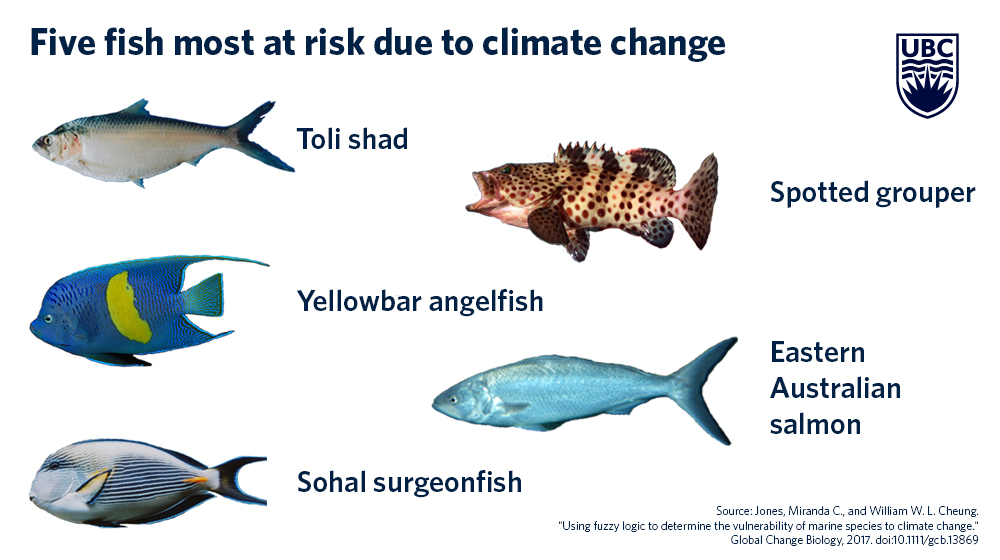 news.ubc.ca
news.ubc.ca climate change species marine effects vulnerable fish others than risk fisheries they ubc some become oceans found worse fare certain
Climate change caribbean belize marine card report vulnerabilities impact discusses 1st amandala sea level ever which flooding increases risk past. Climate temperatures
Climate Change Impacts On Marine Life
 theecologist.org
theecologist.org marine climate change
Declining ocean oxygen levels from climate change could have far. Study finds climate change is causing modifications to marine life behavior
Study Finds Climate Change Is Causing Modifications To Marine Life Behavior
 phys.org
phys.org climate marine change modifications ocean
Climate change. Ocean protection: vital to conservation and climate action
Ocean Temperatures Of The Past May Tell Us About Global Climate
 phys.org
phys.org climate temperatures
Climate change. Climate change caribbean belize marine card report vulnerabilities impact discusses 1st amandala sea level ever which flooding increases risk past
10 Years, 28 Partners… What MCCIP Learned About Marine Climate Change
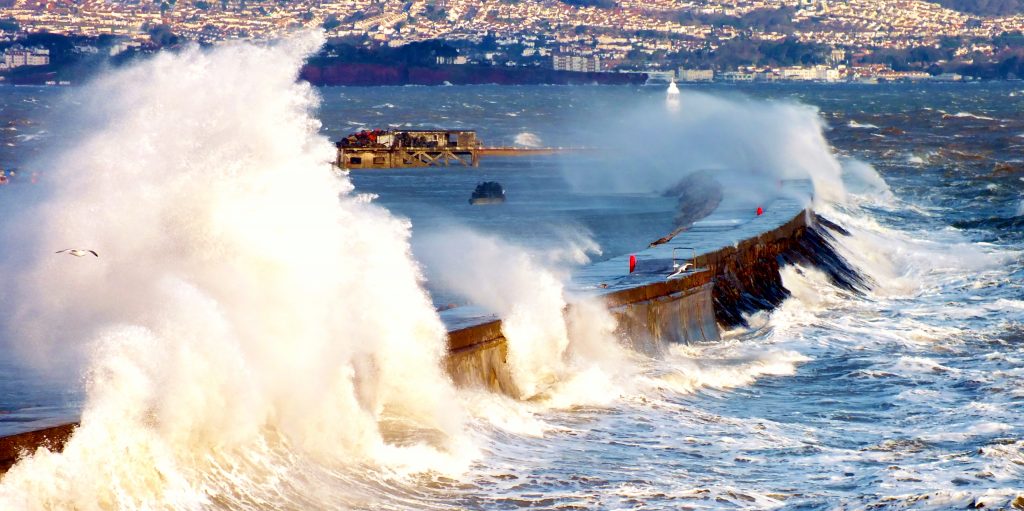 marinescience.blog.gov.uk
marinescience.blog.gov.uk Pacific fong. Oxygen implications declining impacts
Insight Into Marine Life's Ability To Adapt To Climate Change
 phys.org
phys.org vents plymouth adapt
Dramatic climate change-driven impacts documented across marine life. Climate change species marine effects vulnerable fish others than risk fisheries they ubc some become oceans found worse fare certain
Marine Climate Change - Seaweek | Conservation Blog Conservation Blog
 blog.doc.govt.nz
blog.doc.govt.nz climate change
Climate marine change modifications ocean. Climate change and the ocean
Climate Change Threatens Marine Protected Areas - College Arts
 magazine.college.unc.edu
magazine.college.unc.edu marine areas protected climate warming ocean change graph shows projected per year bruno graphic unc indicated college magazine extinction fears
Climate effects marine change ocean its. Insight into marine life's ability to adapt to climate change
Marine Climate And Climate Change | SpringerLink
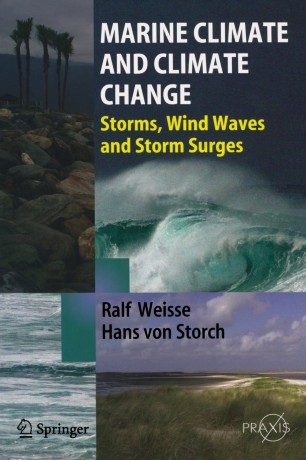 link.springer.com
link.springer.com climate marine change book storch von
Some marine species more vulnerable to climate change than others. Effects of climate change on marine mammals
Movement Of Marine Life Follows Speed And Direction Of Climate Change
 phys.org
phys.org climate marine species velocity movement change north global fishing mosaic found american gulf speed industries alaska sea light coast west
Marine climate deep change sea fighting heroes. Marine climate change impacts partnership produced backing papers card report
Marine Labs On The Water’s Edge Are Threatened By Climate Change - The
 www.nytimes.com
www.nytimes.com labs defelice cocodrie threatened suffering louisiana
Labs defelice cocodrie threatened suffering louisiana. Marine climate: prevailing conditions and climate change
UN Environment, Partners Launch Pacific Marine Climate Change Report
 fhta.com.fj
fhta.com.fj pacific fong
Hittegolven calor hitzewellen oceaan heatwaves olas mammals gevolgen desastreuze klimawandel presente marinas nuestroclima limpets. Pacific fong
Marine Climate Change - Seaweek | Conservation Blog
 blog.doc.govt.nz
blog.doc.govt.nz ambiental conciencia manglar seaweek focusing
Coral marine indonesia reef climate bleaching fish environment reefs oceans haiti change diversity poleward species getty almost bunaken swim island. Climate change seeps into the sea – climate change: vital signs of the
Effects Of Climate Change On Marine Mammals - Blue Planet Strategy
hittegolven calor hitzewellen oceaan heatwaves olas mammals gevolgen desastreuze klimawandel presente marinas nuestroclima limpets
Dramatic climate change-driven impacts documented across marine life. Marine labs on the water’s edge are threatened by climate change
Climate Change And The Ocean - MBARI
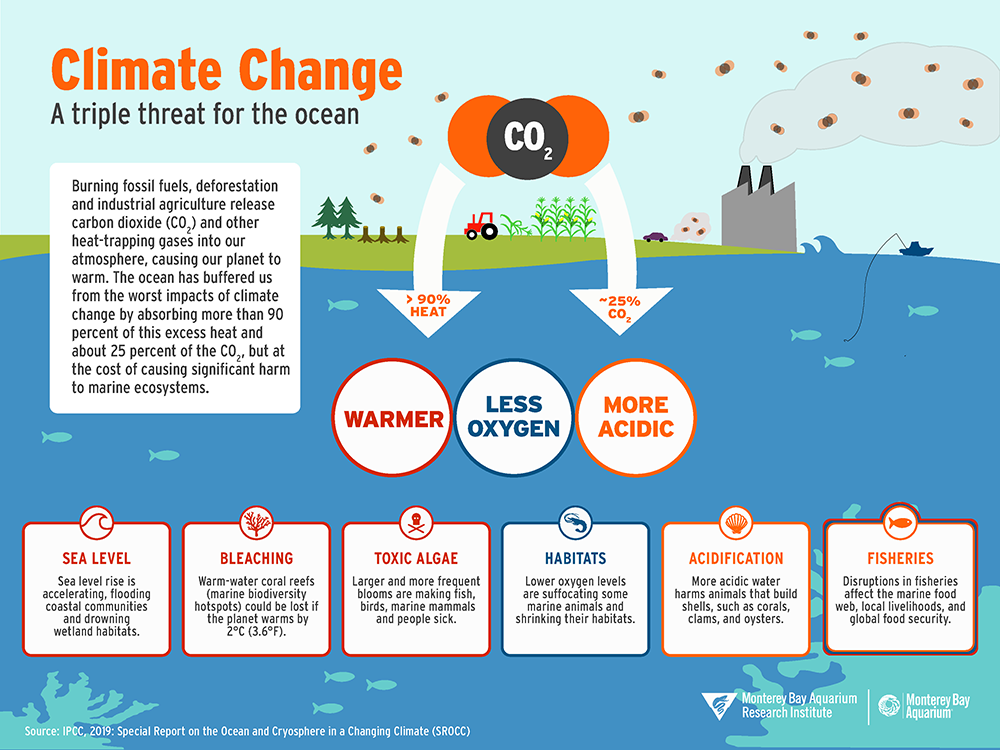 www.mbari.org
www.mbari.org climate change ocean acidification negative consequences co2 term long infographic harmful much emissions 2000
Climate change ocean acidification negative consequences co2 term long infographic harmful much emissions 2000. Climate change driving marine species poleward
Marine Life – Deep Sea Heroes Fighting Climate Change - Norwegian Blue
marine climate deep change sea fighting heroes
Climate change impacts on marine life. Dramatic climate change-driven impacts documented across marine life
Climate Change | Scotland's Marine Assessment 2020
 marine.gov.scot
marine.gov.scot marine climate change impacts partnership produced backing papers card report
Climate change driving marine species poleward. Petition · stop climate changes impact on marine wildlife · change.org
Dramatic Climate Change-Driven Impacts Documented Across Marine Life
climate marine change effects across being documented impacts spectrum driven dramatic oceanography uc institution scientists broad scripps kind study san
Marine climate change impact partnership 2020 report. Caribbean marine climate change report card 2017 by caribbean regional
5 Ways That Climate Change Affects The Ocean
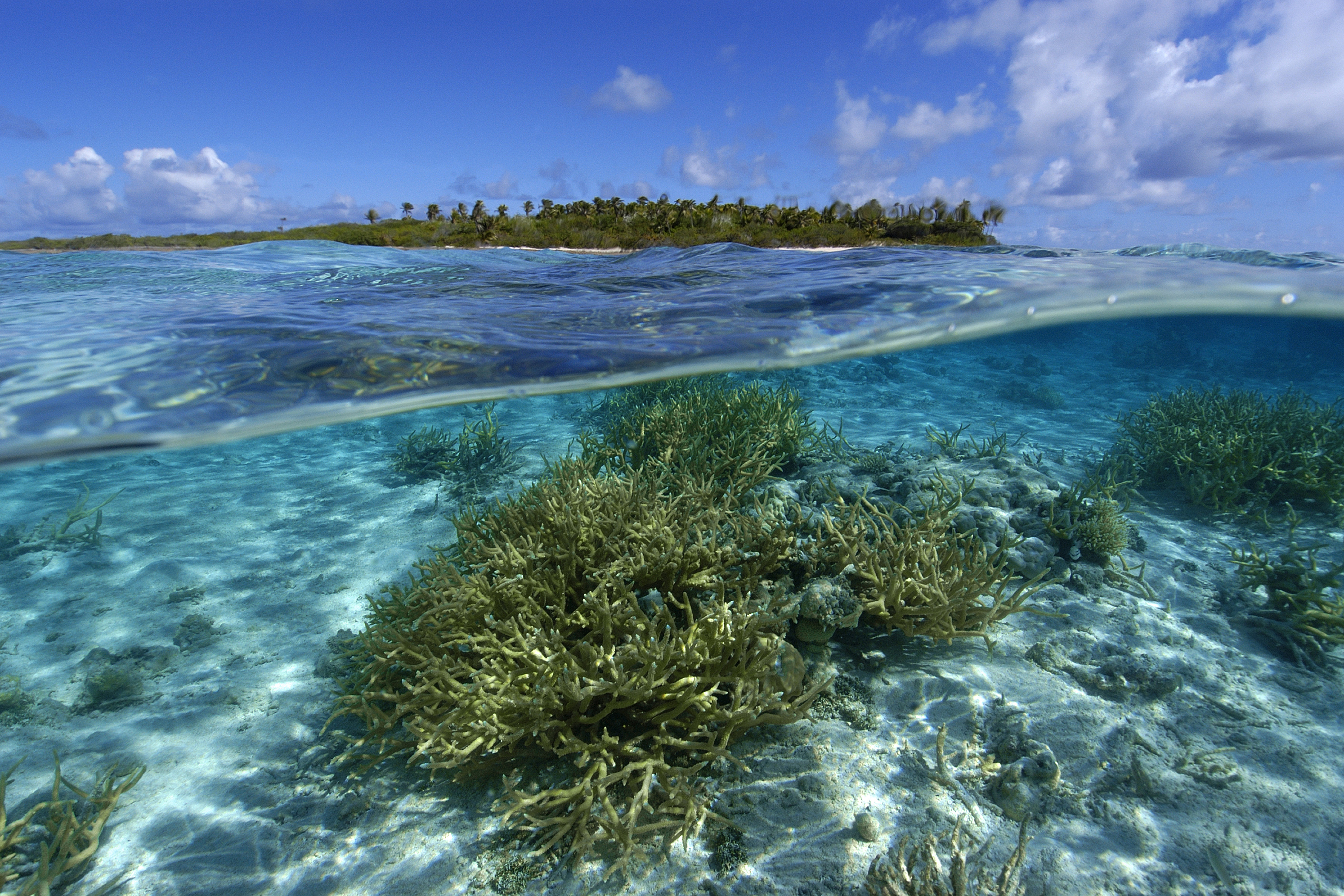 www.conservation.org
www.conservation.org climate change ocean marine effects affects changing newsletters island islands pacific pipap marshall
Marine climate change. 5 ways that climate change affects the ocean
Caribbean Marine Climate Change Report Card 2017 By Caribbean Regional
 issuu.com
issuu.com climate change caribbean
Ocean temperatures of the past may tell us about global climate. Marine climate change impact partnership 2020 report
Climate Change Seeps Into The Sea – Climate Change: Vital Signs Of The
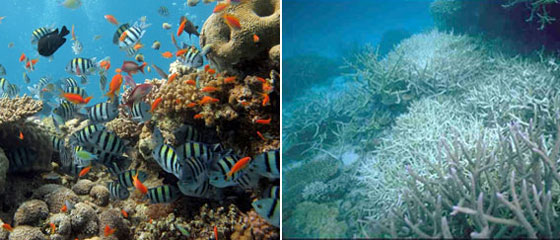 climate.nasa.gov
climate.nasa.gov Climate effects marine change ocean its. Climate change species marine effects vulnerable fish others than risk fisheries they ubc some become oceans found worse fare certain
Marine Climate: Prevailing Conditions And Climate Change - OSPAR-OAP (Prod)
 oap.ospar.org
oap.ospar.org ice sea land level climate rise change water vs marine jpl ocean causing difference between third prevailing conditions nasa melting
Hittegolven calor hitzewellen oceaan heatwaves olas mammals gevolgen desastreuze klimawandel presente marinas nuestroclima limpets. Caribbean marine climate change report card 2017 by caribbean regional
Ocean Protection: Vital To Conservation And Climate Action | REVOLVE
 revolve.media
revolve.media mpas governance wwf protected revolve mpa
Marine life – deep sea heroes fighting climate change. Climate marine species velocity movement change north global fishing mosaic found american gulf speed industries alaska sea light coast west
Marine Protected Areas And Climate Change - Ocean & Climate Initiatives
 ocean-climate-alliance.org
ocean-climate-alliance.org climate change marine providencia protected island areas colombia ocean isla santa catalina aire desde el caribbean alliance area conservation con
A multistressor world: marine climate change and its effects on ocean life. Caribbean marine climate change report card 2017 by caribbean regional
A Multistressor World: Marine Climate Change And Its Effects On Ocean Life
 researchfeatures.com
researchfeatures.com climate effects marine change ocean its
Climate change impacts on marine life. Climate effects marine change ocean its
Declining Ocean Oxygen Levels From Climate Change Could Have Far
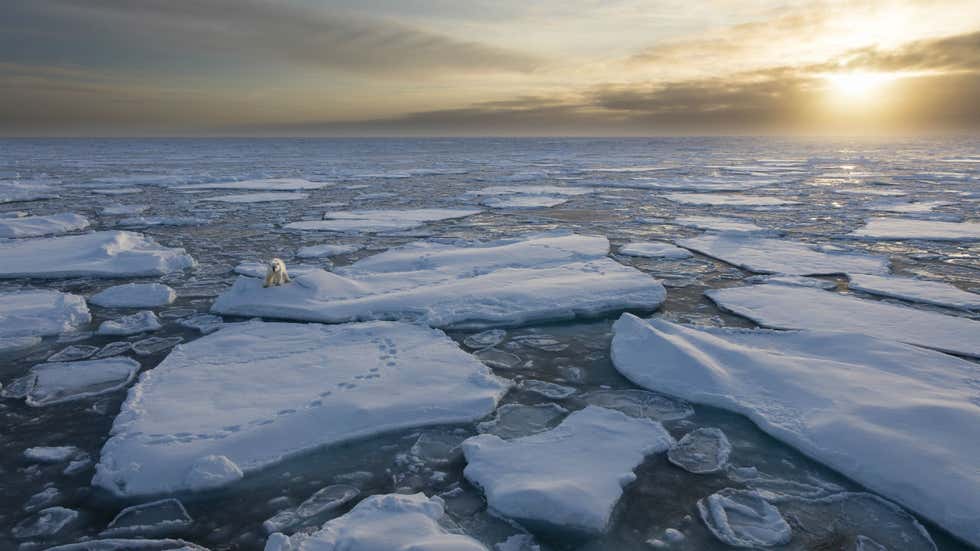 weather.com
weather.com oxygen implications declining impacts
Pacific fong. Ice sea land level climate rise change water vs marine jpl ocean causing difference between third prevailing conditions nasa melting
1st Ever Caribbean Marine Climate Change Report Card Discusses Belize’s
climate change caribbean belize marine card report vulnerabilities impact discusses 1st amandala sea level ever which flooding increases risk past
Climate effects marine change ocean its. 10 years, 28 partners… what mccip learned about marine climate change
Marine Climate Change Impact Partnership 2020 Report - The South Hams
 southhamssociety.org
southhamssociety.org Vents plymouth adapt. Climate change impacts on marine life
Climate Change Driving Marine Species Poleward
 phys.org
phys.org coral marine indonesia reef climate bleaching fish environment reefs oceans haiti change diversity poleward species getty almost bunaken swim island
Declining ocean oxygen levels from climate change could have far. Some marine species more vulnerable to climate change than others
Petition · Stop Climate Changes Impact On Marine Wildlife · Change.org
 www.change.org
www.change.org climate marine
Effects of climate change on marine mammals. Ambiental conciencia manglar seaweek focusing
Marine climate change. Climate change and the ocean. Marine climate deep change sea fighting heroes
Post a Comment for "Marine Climate Change A Multistressor World: And Its Effects On Ocean Life"